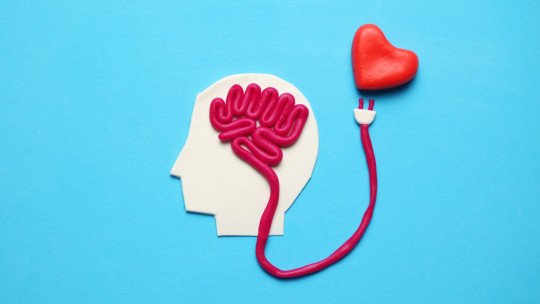
For a long time now, our conception of what intelligence is is not limited to a good development of classical cognitive abilities.
Today we also talk about emotional intelligence one of those human facets that, although they are often ignored and difficult to objectify, affect us in all areas of life.
What is emotional intelligence?
As we saw in the article on emotional intelligence, this can be defined as our ability to manage our emotions adaptively both when making decisions and when we need to relate to others or regulate our emotional states. However, since this type of intelligence is difficult to measure and it is difficult to isolate the results of good emotional intelligence, These types of skills are often ignored considering that all people are more or less capable of managing their emotions equally or that, on the contrary, these abilities are encoded in genes and cannot be modified with experience.
However, emotional intelligence is something that can be improved over time, since it is one of the many faces of learning and human potential, and precisely for this reason there are also differences between people who manage their effectiveness well and others who still do not. They haven’t learned everything they could. Some may even have been learning to improve their emotional intelligence without knowing it!
10 characteristics of emotionally intelligent people
To situate yourself and know where you are in the development of emotional intelligence, here is a brief list of the characteristics of emotionally intelligent people In turn, these points can help you set goals when training in emotion management.
1. They don’t just chase short-term rewards
These types of objectives or “reinforcements” are the foundation on which, among other things, addictions and procrastination are based. Emotionally intelligent people are capable of not being governed by the immediate proximity of a reward which is not beneficial in the long term.
2. They are able to recognize their own emotions
It is also relatively easy to relate these emotions to their origin or origins, that is, the main factors that have caused an emotional state to appear whether positive or negative.
3. They know the importance of inner speech
They do not simply interpret their experiences automatically, as they are presented to them, but They make efforts to construct a useful interpretation of these experiences that helps them direct their objectives towards a useful goal and maintain an emotional state that does not work against them.
4. They show good empathic abilities
They are able to connect emotionally with other people quickly and with little information. This makes them more inclined to establish a constructive dialogue.
5. They know how to externalize their emotions
Both in a dialogue in real time and in writing (regardless of its literary quality!). They know how to express their emotional state in any of the possible languages.
6. They guide your actions and thoughts
Towards managing your emotions. They know the importance of thoughts towards adequate mental health and spiritual, and they manage this point in their favor.
7. They tend towards positive attitudes
However, they do not allow themselves to be carried away by them either, and they implicitly know that there is no bad emotional state per se.
8. The values that govern their lives are positive and negative alike.
Positive values to avoid falling into constant and unproductive criticism, and negative values to not deny reality and recognize problems when they exist His actions are based on the dialectic of these two types of values.
9. They are motivated and know how to motivate others
They recognize the importance of meaningful tasks for people. They value the need for intrinsic motivation And, even more important: they are able to keep their colleagues motivated. They have the soul of a leader.
10. They consider the human being an emotional being, not an automaton
They know the importance of affective states in all areas that have traditionally been believed to be purely rational. They know that emotions shape decision making, memory retrieval, memorization, etc.
Concluding…
This is the list of the characteristics of people with good emotional intelligence. Remember that, as happens in all learning, no one fits perfectly into this description (among other things, because it can be interpreted in various ways) and that all training takes time and some effort.








